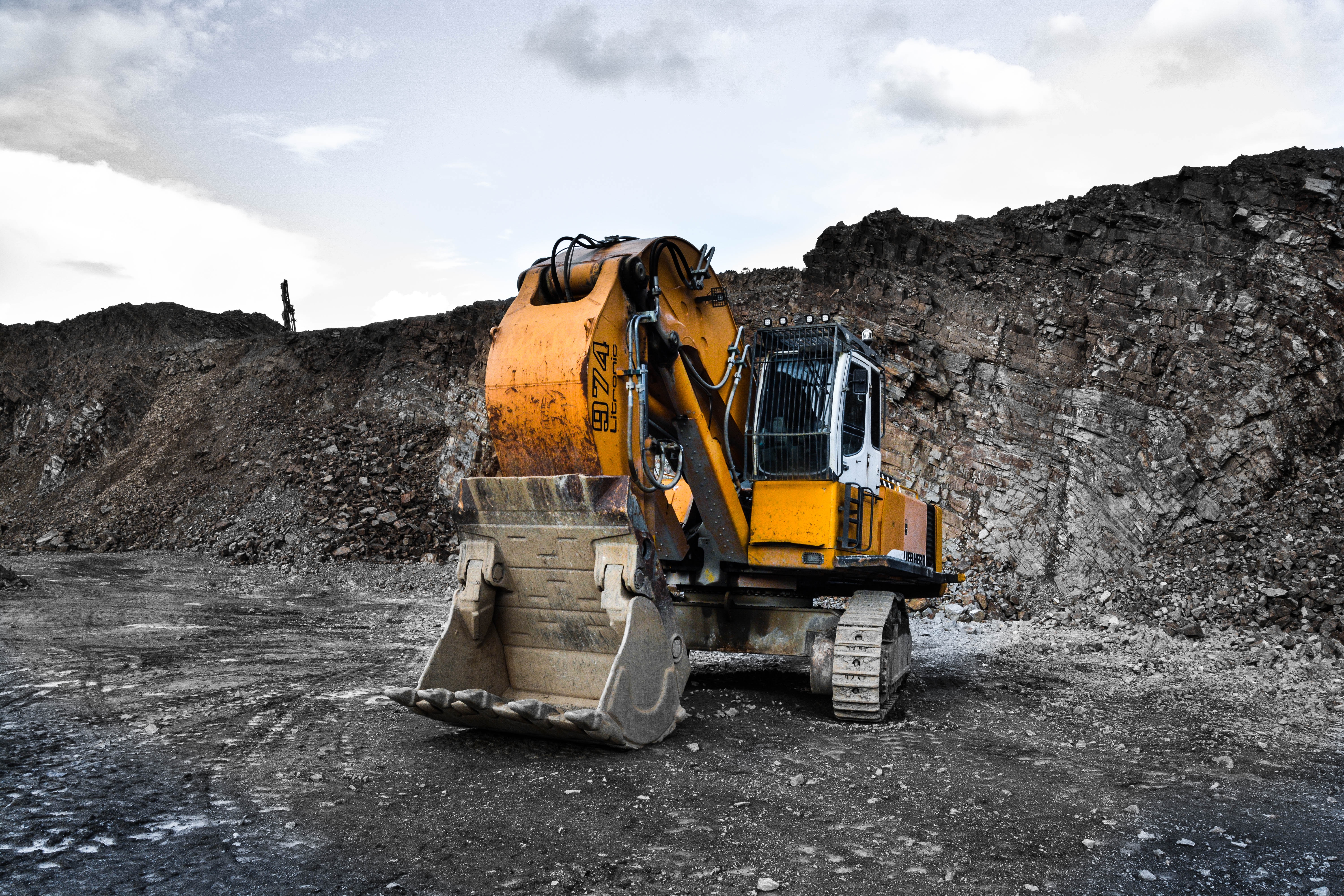The increase in electric car usage in Europe has also caused a growth in the use of the critical metals that are required for their production. A major survey led by Chalmers University of Technology, Sweden, on behalf of the European Commission, has revealed that with the current raw material production levels, there will not be enough of these metals in the future, even if recycling increases.
The need for critical metals in the EU’s vehicle fleet is steadily increasing due to electrification and digitalisation – in addition to this increasing demand, only a small proportion of metals are currently being recycled from end-of-life vehicles. Dysprosium, neodymium, manganese, and niobium are highly sought-after metals with great economic importance to the EU. However, their supply is limited, and it takes time to scale up raw material production. “The EU is heavily dependent on imports of these metals because extraction is concentrated in a few countries such as China, South Africa and Brazil. The lack of availability is both an economic and an environmental problem for the EU, and risks delaying the transition to electric cars and environmentally sustainable technologies. In addition, since many of these metals are scarce, we also risk making access to them difficult for future generations if we are unable to use what is already in circulation,” says Maria Ljunggren, Associate Professor in Sustainable Materials Management at Chalmers University of Technology. Ljunggren points out that this situation is underlined in the Critical Raw Materials Act recently put forward by the European Commission. The Act emphasises the need to enhance cooperation with reliable external trading partners and for member states to improve the recycling of both critical and strategic raw materials. It also stresses the importance of European countries exploring their own geological resources. One example of this is the previously announced discovery of significant rare earth metal deposits in Kiruna, Sweden, by state-owned mining company LKAB. Successful exploration enabled the company to identify mineral resources of more than a million tonnes of oxides – which they now describe as the largest known deposit of its kind in Europe. “This is extremely interesting, especially the discovery of neodymium which, among other things, is used in magnets in electric motors. The hope is that it will help make us less dependent on imports in the long run,” Ljunggen adds.
In collaboration with the Swiss Federal Laboratories for Materials Science and Technology, EMPA, Ljunggren has surveyed the metals currently used in Europe’s vehicle fleet. The European Commission’s Joint Research Centre (JRC) commissioned the assignment, which reportedly resulted in an extensive database that displays the presence of metals in new vehicles, vehicles in use, and vehicles that are recycled over time. “Neodymium and dysprosium usage has increased by around 400 and 1,700% respectively in new cars over the period, and this is even before electrification had taken off. Gold and silver, which are not listed as critical metals but have great economic value, have increased by around 80%,” says Ljunggren. The idea behind the survey and database is to provide decision-makers, companies and organisations with an evidence base to support a more sustainable use of the EU’s critical metals. A major challenge is, however, that these materials, which are found in very small concentrations in each car, are economically difficult to recycle. Ljunggren stresses, “If recycling is to increase, cars need to be designed to enable these metals to be recovered, while incentives and flexible processes for more recycling need to be put in place. But that’s not the current reality.”
“It is important to increase recycling. At the same time, it is clear that an increase in recycling alone cannot meet requirements in the foreseeable future, just because the need for critical metals in new cars is increasing so much. Therefore, there needs to be a greater focus on how we can substitute other materials for these metals. But in the short term it will be necessary to increase extraction in mines if electrification is not to be held back,” she concludes.
Source: https://www.pm-review.com/ree-shortage-may-impact-future-of-electric-cars-eu-study-finds/

 English
English


